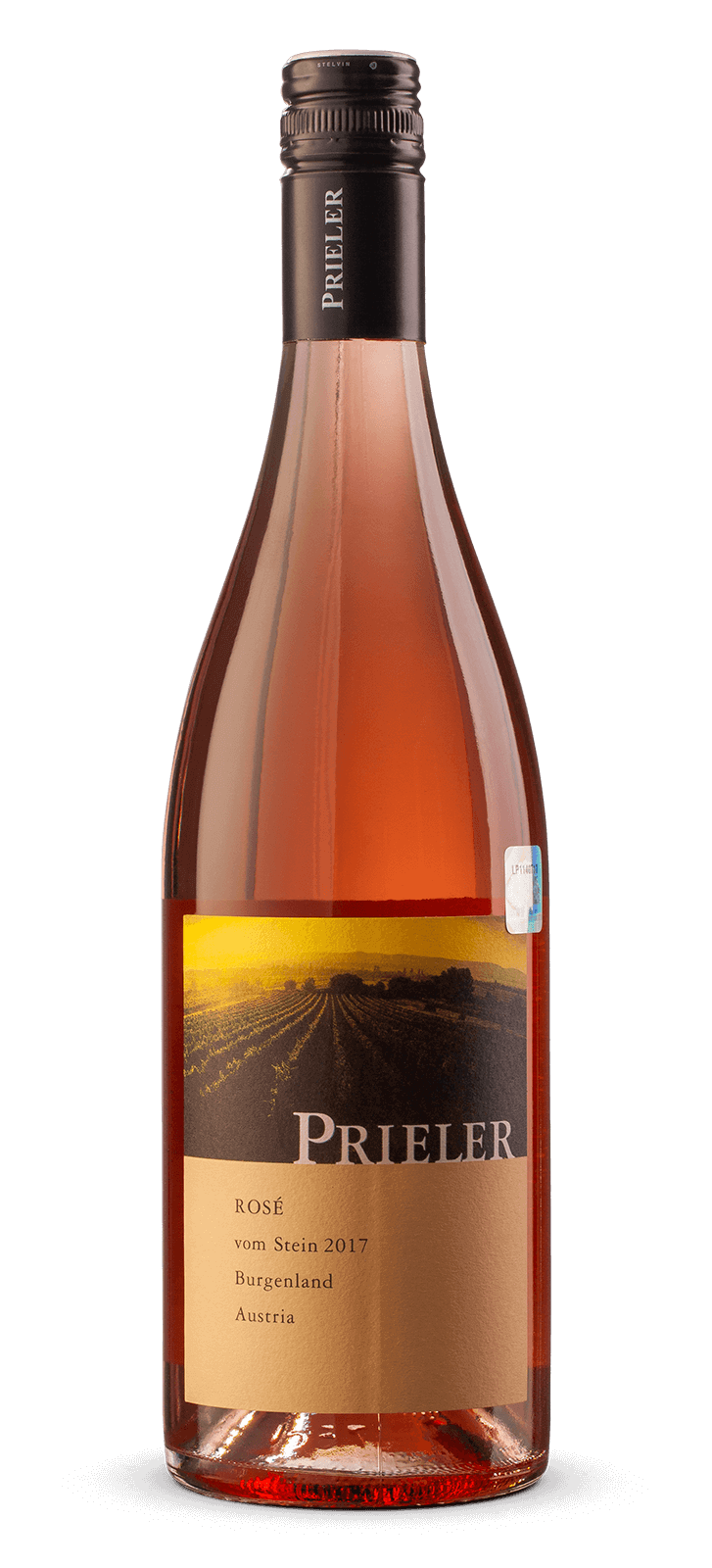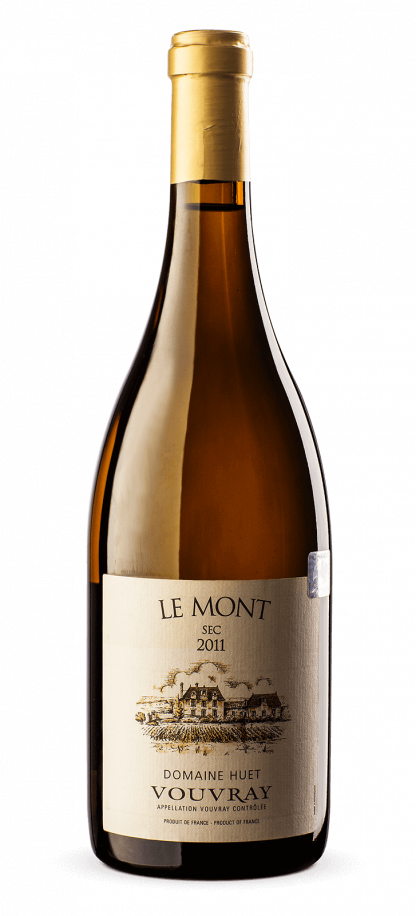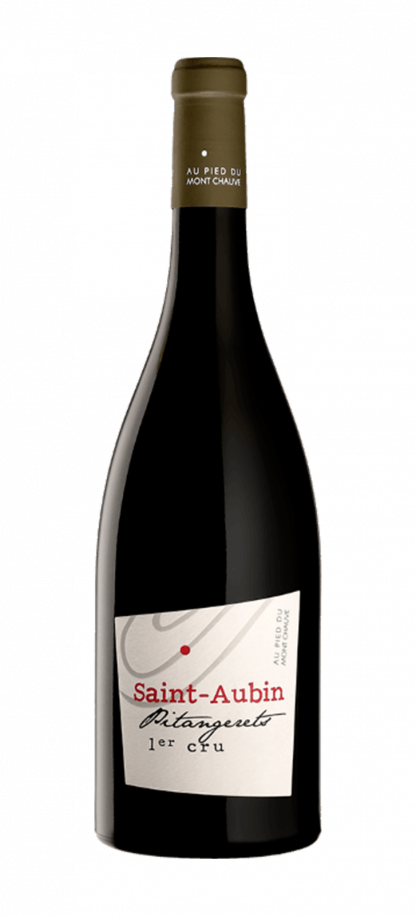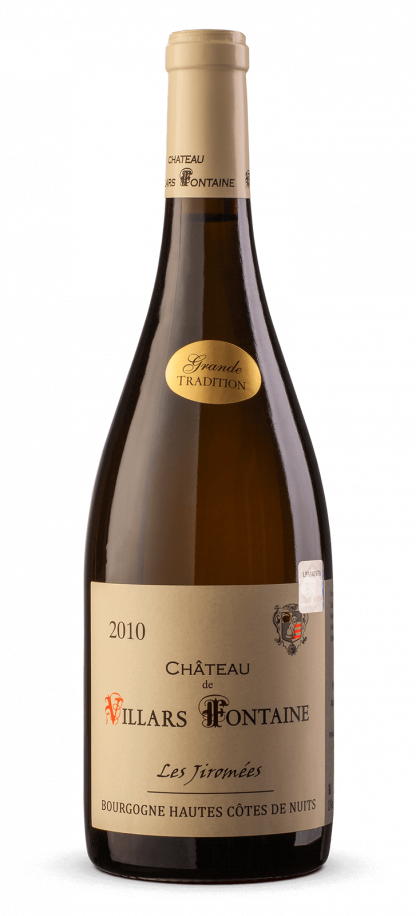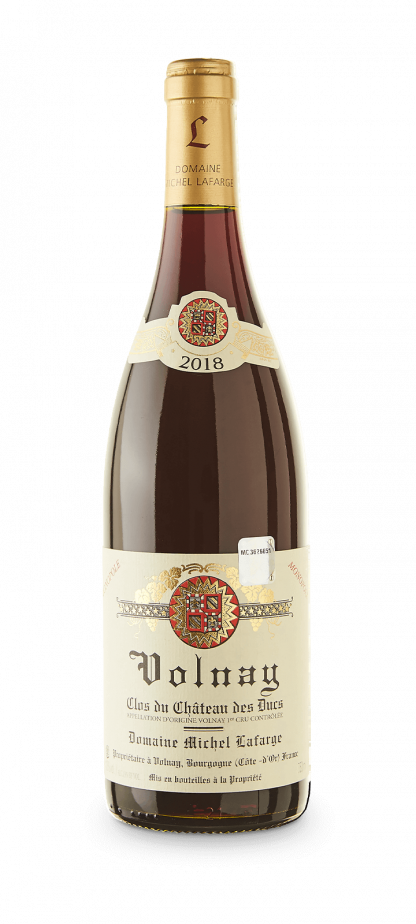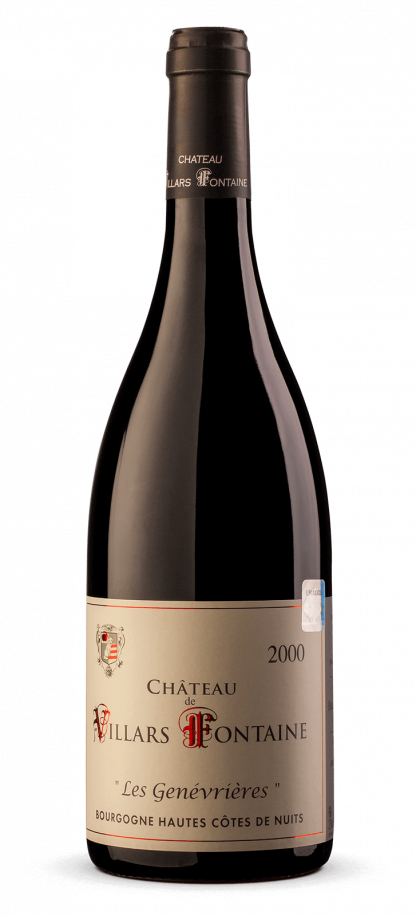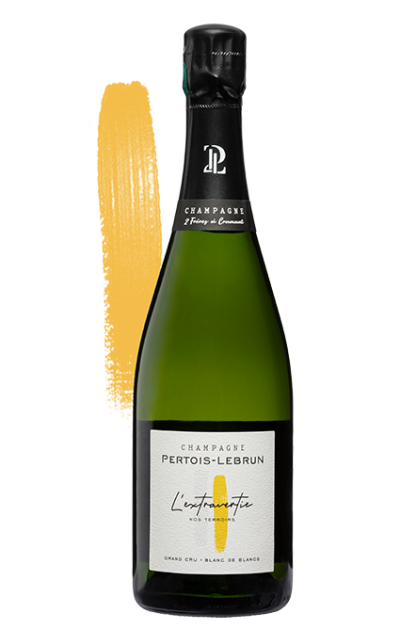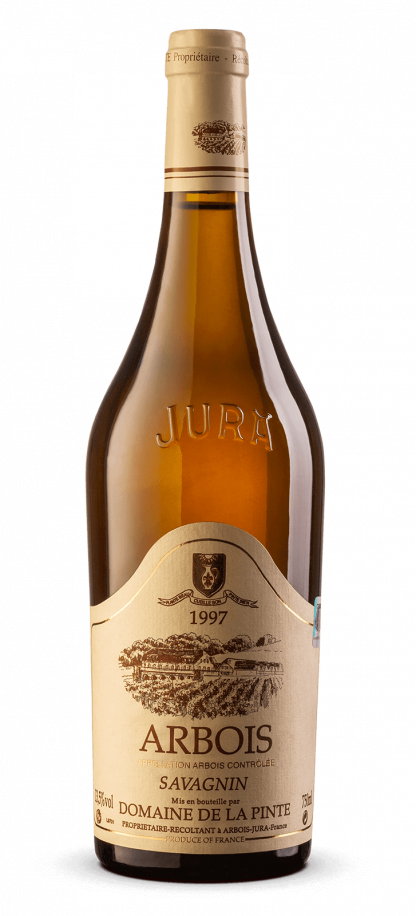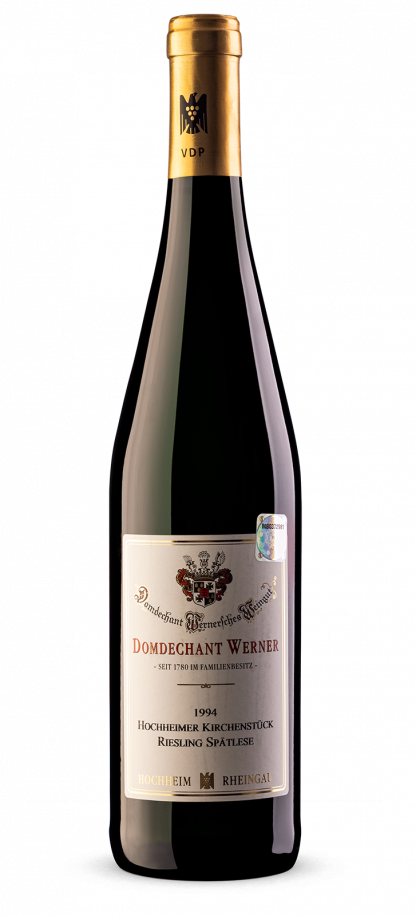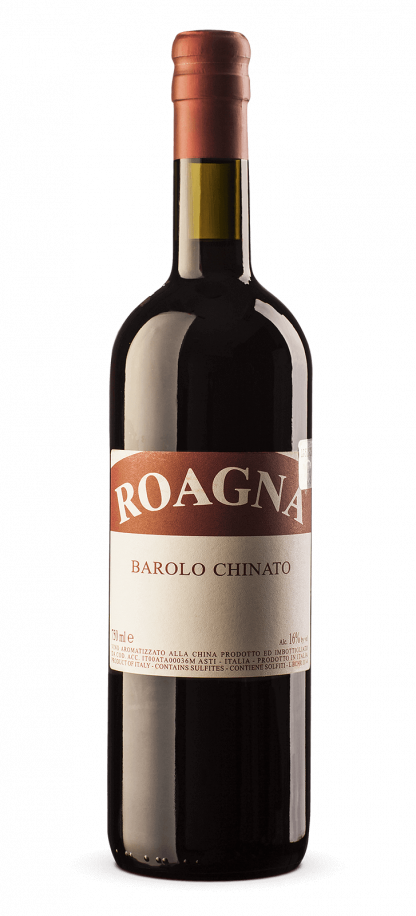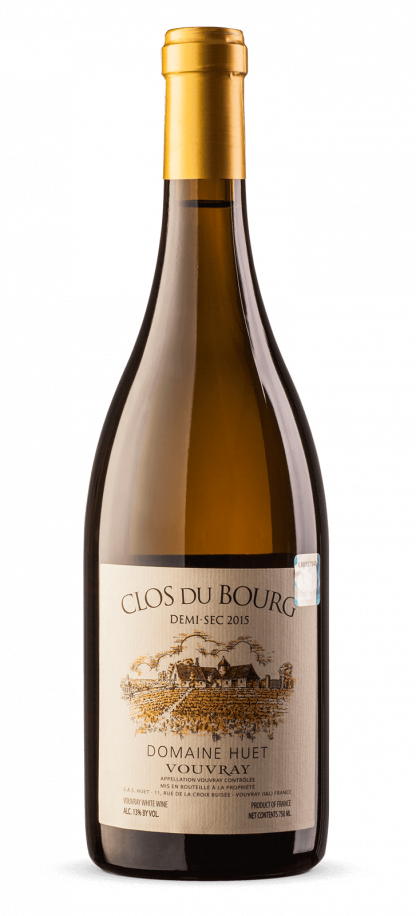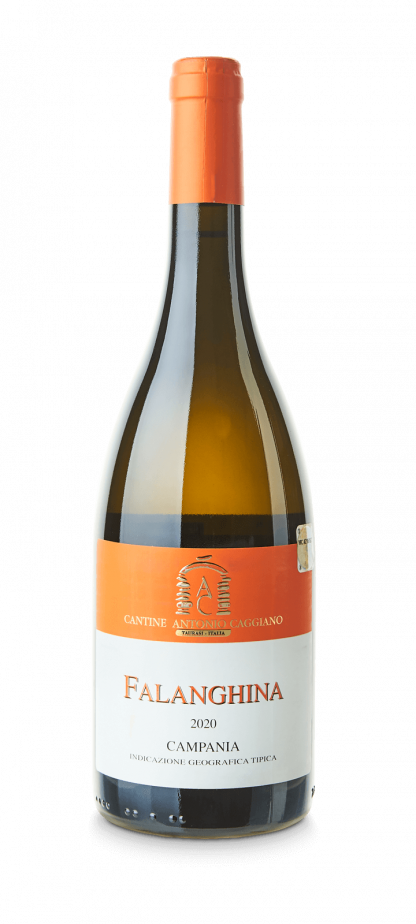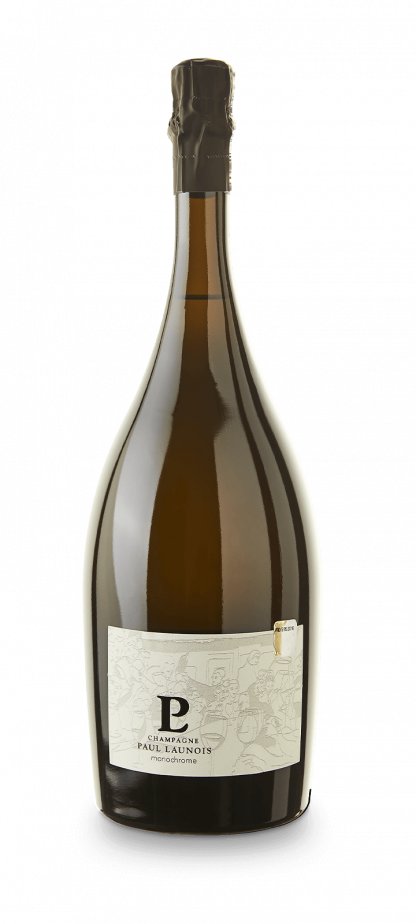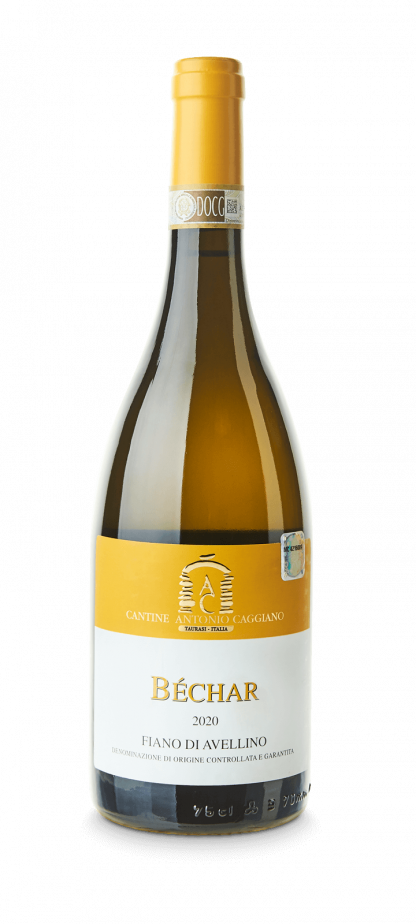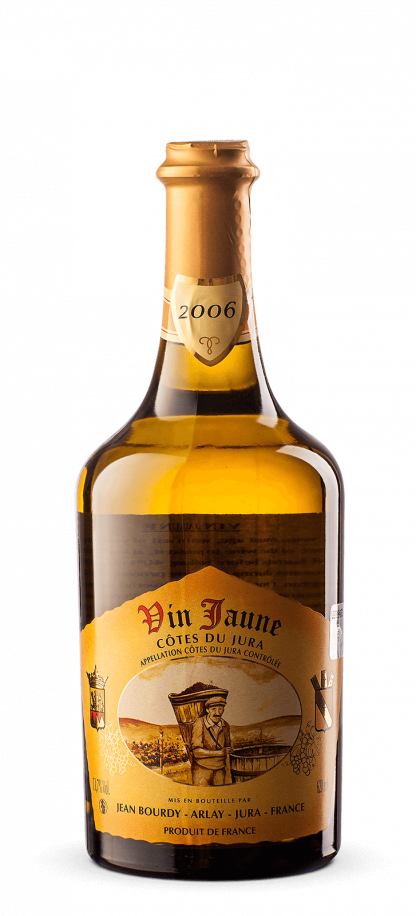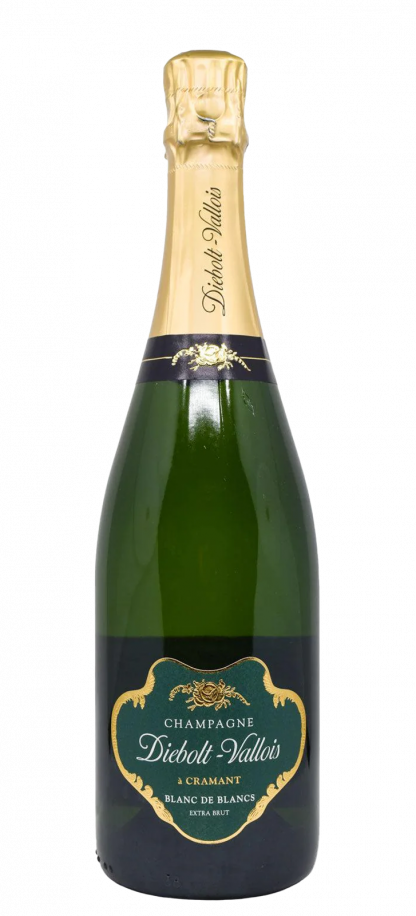Prieler “Rose vom Stein” Blaufrankisch 2021
2021. gada raža atklāj dzīvīgu sarkano ogu, īpaši zemeņu un aveņu, paleti, ko papildina atsvaidzinošs skābums un smalkas ziedu notis, kas beidzas ar tīru, kraukšķīgu apdari. Vīna augļu un skābuma līdzsvars, kā arī minerāluma piegarša padara to par priekšzīmīgu vasaras malkotāju, kas vienlaikus ir gan atsvaidzinošs, gan niansēts. Tā elegantais profils un vieglais korpuss parāda sarežģītības un smalkuma potenciālu rozā vīnos, kas izgatavoti no Blaufränkisch.
Prieler “Rosé vom Stein” Blaufränkisch apvienošana ar viegliem salātiem, grilētām jūras veltēm vai svaigu kazas sieru izceļ vīna košo skābumu un augļainību. Tas lieliski sader arī ar viegli garšvielām bagātiem Āzijas ēdieniem, kur vīna svaigums var izjaukt bagātību un garšvielu, radot harmonisku garšu līdzsvaru. Šīs ēdienu kombinācijas ne tikai uzlabo vīna baudījumu, bet arī demonstrē tā daudzpusību, papildinot plašu kulinārijas stilu klāstu, padarot to par apburošu izvēli daudzveidīgām pusdienām.
Noliktavā 23 prece/-es






